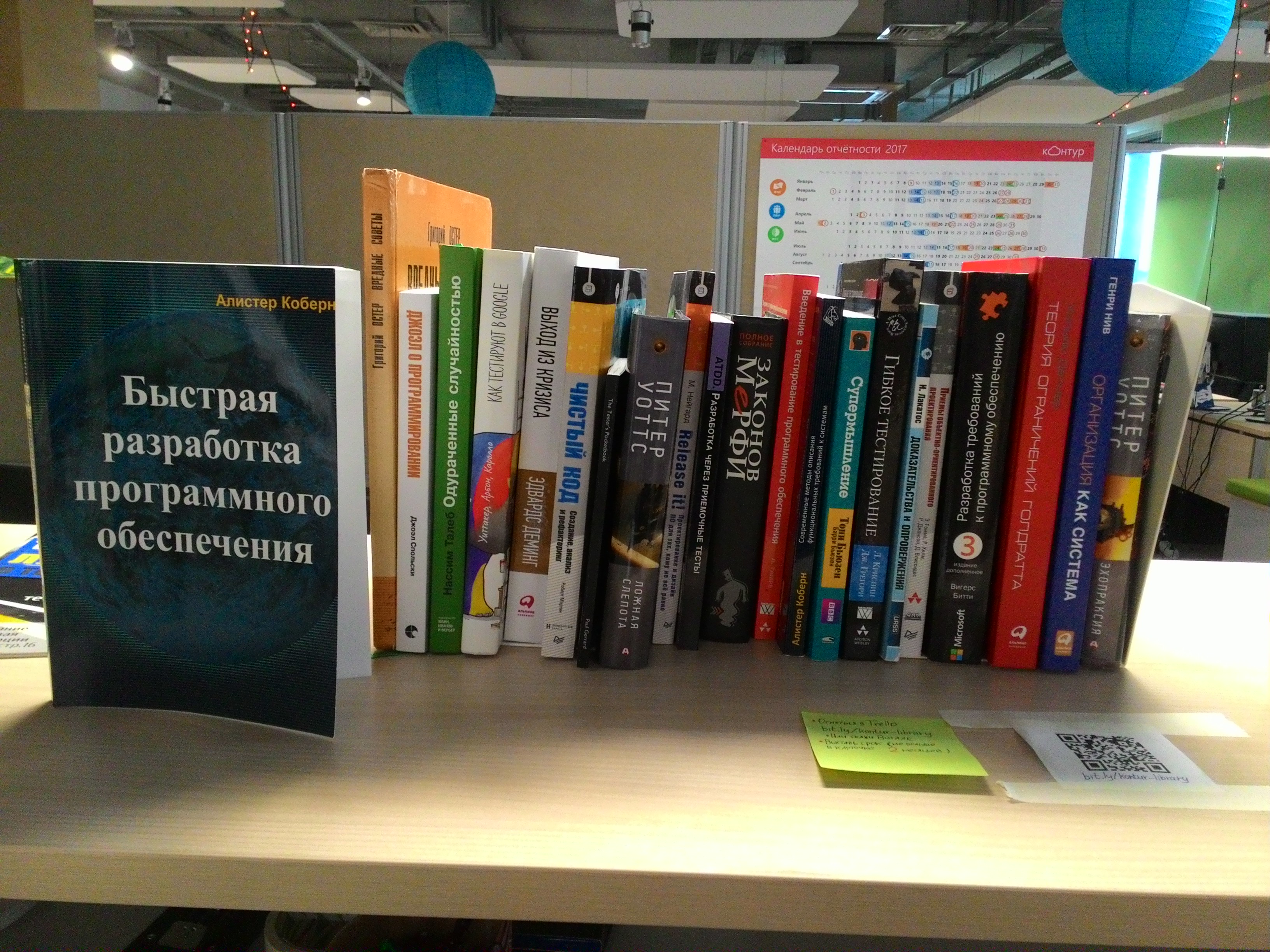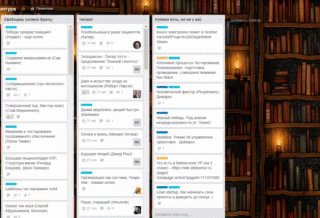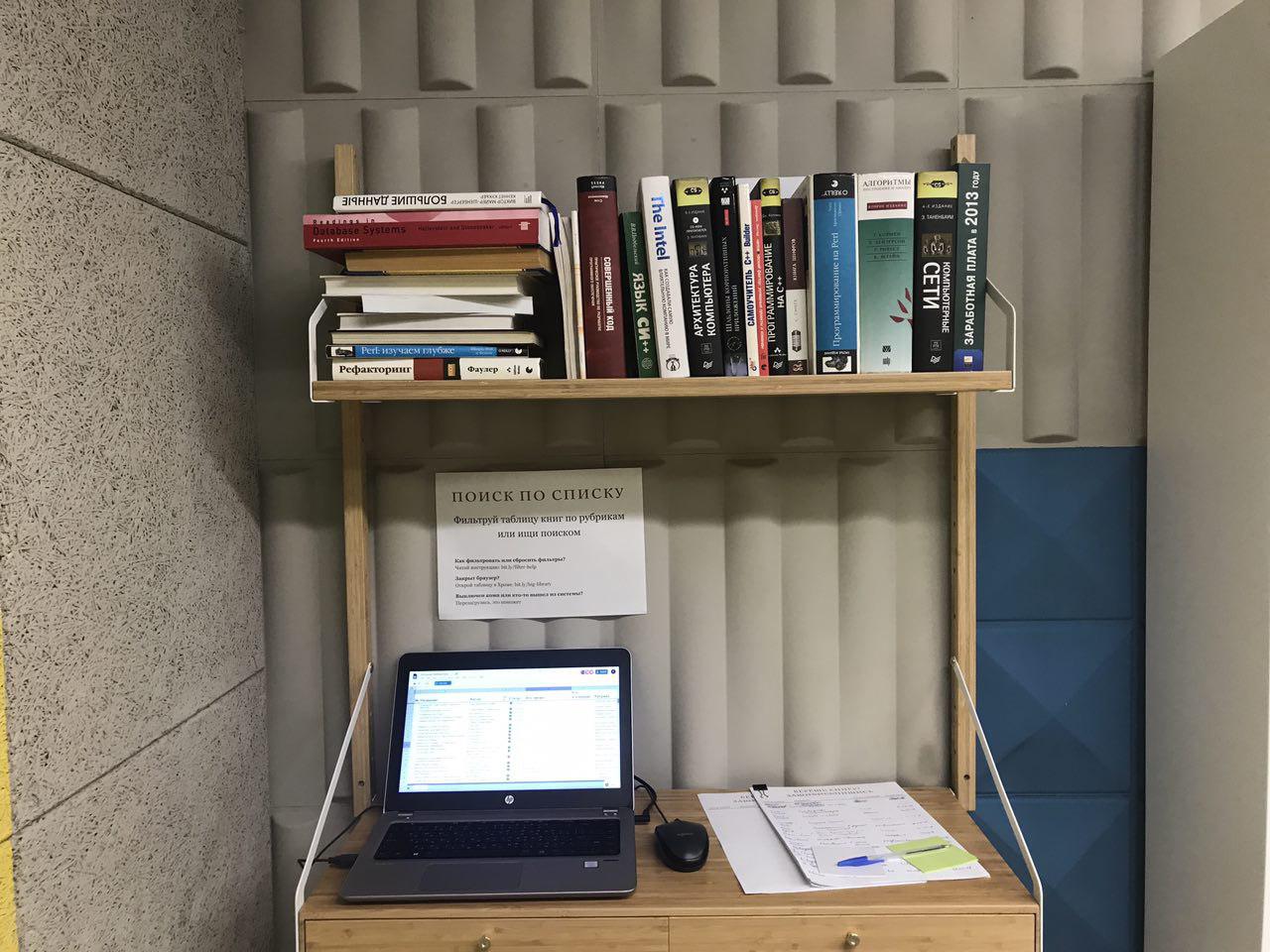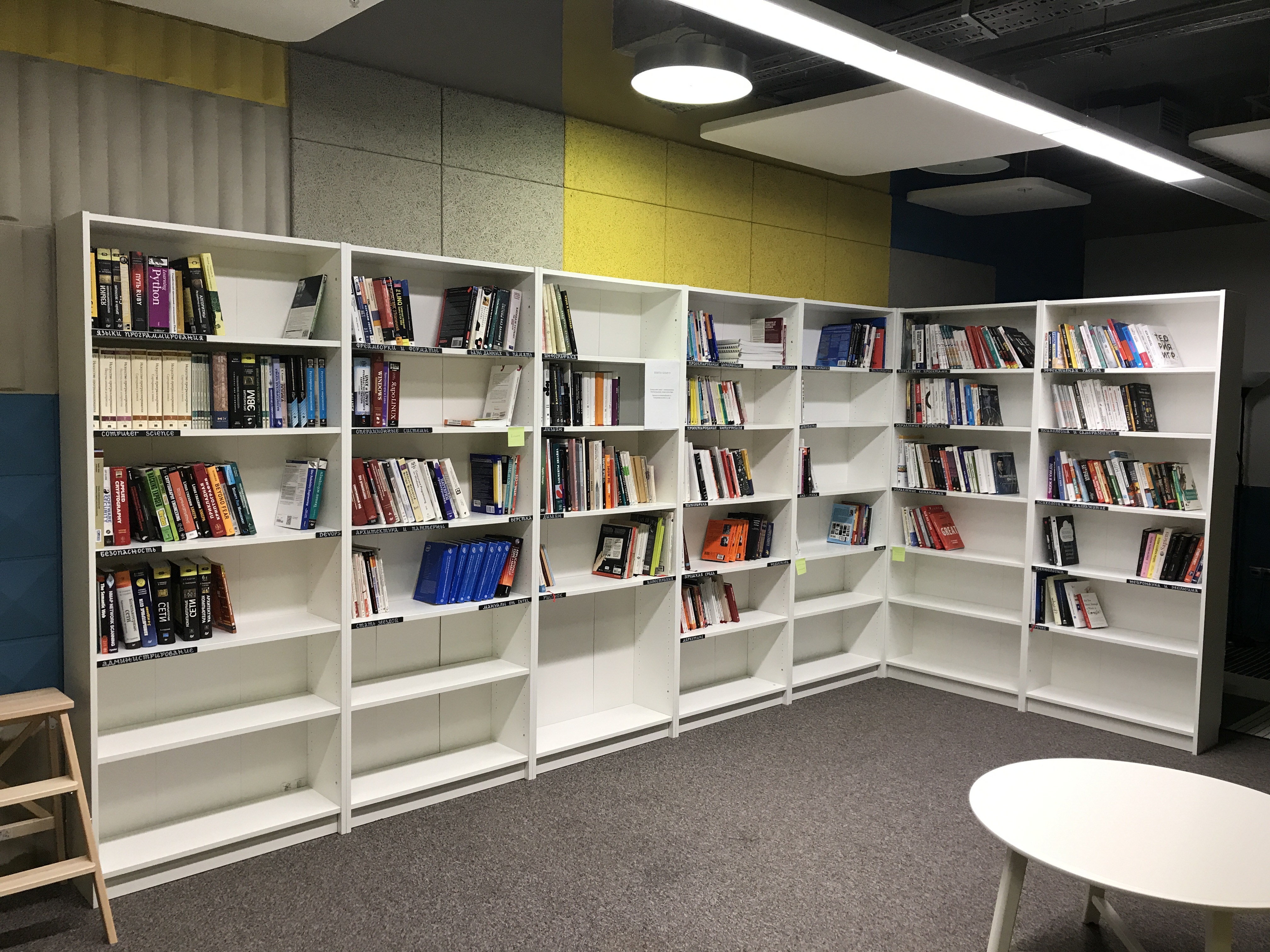"Calendar of the tester" for August. Read the book
We continue the cycle "Calendar of the tester . " This time we will answer the questions: why does the tester read books? What is better than books? There are a million articles about it. The contour testers Vitaly Roshchupkin and Katya Palchikova have another opinion. And the ways they tested: how to find time, how to motivate yourself and colleagues.

This is how the Contour testers library looked in 2017
Why read books
Recall all your experience in software development and testing. If there is little or no experience, the book will seem too complicated. It will be confusing and you will need time to recover. If you have experience, feel free to open the book and compare it with your projects.
Preface to Lessons Learned In Software Testing (Cem Kaner, 2001)

See the face?
Some natural processes accidentally created this relief. If you see a face, it is only because we humans are focused on face recognition. A squirrel will not see the face of a man on this rock.
So with the books. As long as you have no work experience, books will not help you. The knowledge of them will simply have nothing to connect - there is no experience yet. And for some reason, recipes from books will not work. Colleagues will laugh at you, and you will be disappointed in the books, because they have a solid "naked theory", "inapplicable in practice." Well, yes, you are a joon, you have failed to apply.
Moreover, “try it yourself” brings more information about the world than “read in a book”.
Then you stuff cones, get experience, form your idea of good and bad. Then open the books. There you will see what you already know - some of the images will be familiar. There you will see frankly stupid things with which you disagree - it will cause emotions, they will rebuild your neural connections. There you will see the ideas “one step ahead” of what you yourself invented. In the meantime, you're new, better test another task.
I still want to read, but I do not have the time and lack of motivation
Time and motives can be found.
Reading in the transport for
20–30 minutes on the bus while you are going to work is surprisingly much, a good book can be mastered in a few weeks.
Audiobooks
Books for managers can not read, but listen, because they usually have little diagrams and a lot of words. For example, driving a bicycle / car.
Read in the morning 10–15 minutes
In the morning no one has distracted. Take a book, tea and read 15 minutes. It's a lot.
Do not read boring, stupid and uninteresting.
If the book does not go, then why torture yourself?
Reading for a long time
Reading a good smart book year is normal. Postpone the book and return to it later - why not?
Work with a list of references
Is there a list of books to read? It is not necessary to take the first one from the list. You can view the list and take what is interesting now.
Authoritative opinion
Who do you think is cool? Want to be like him? Find out what books he reads and read the same. There will be a reason to talk with someone who you think is cool.
I also want my colleagues to read more.
This can also be arranged.
Challenge “Read”
In our corporate social network, people write reviews on articles and books. At the end of the recall, a call is sent to three more colleagues. It is very difficult to ignore such a challenge, and again you have to read!
Book clubs
Reading is not easy. And if you have a life besides work, then it is more difficult. We do not forget about laziness, permanent deadlines and “I will write down my list now, then I will read it”. Yeah. This is all so we are too. Therefore, we suggest making a small book club:
- You take a few colleagues.
- Choose a book.
- You book a periodic meeting in the calendar for 30 minutes for each week.
- Agree with colleagues on how much you read (“read one chapter per week”).
- At each meeting, discuss what you read. Sometimes the discussion will move away from the book - you need to follow this and return to the topic of the meeting.
It helps not to be lazy, because you undertake to “read this piece before September 30”. For example, my colleagues and I read Lessons Learned In Software Testing. Out of one and a half years.
You can also ...
Make a library
For this you need:
Think of how to keep records of books. Who took the book, from whom on hand, who passed.
Options: board in trillo, guglotablet or any other convenient tool.
This is how our library looked in Trello: "
"Come up with the rules.
We have these: the book can be taken for 2 months, then renewed for one more (by writing to the librarian). Books you can take as much as you can carry. To take - you need to be noted on a special sheet in the library. To hand over - put the book in a special place, stick a name sticker on it.
Agree on payment of books at the expense of the company. Most likely, with a manager or office manager.
Answer the questions: how much will you spend, do you need to keep records, how will you keep track of books. We order up to 8 books per month, it takes up to 5 thousand rubles. We order in large Russian online stores directly to the office.
To achieve answers to the questions: at whose expense will the books be and if yours, how will they be compensated.Agree with the authorities that you will spend time on the library (if necessary).
Find a good place in sight so that people walk past. Ideal if people often stand or fit the place (cooler, stand-up area).
Make a list of 10 books you want to order in the near future.
How to add to the list: listen to reports at conferences, chat with colleagues, google “top 100 books for testers”.
An example of a list with beautiful books will be below.Order books, wait, put on the shelf.
Write somewhere an announcement that came a new book, come and take it.
The library is ready!
It took us about a year and it turned out like this:


What to do next?
- Once a week or more often check the status of the library: mark the books handed in, check that the marked books are on the shelf.
- Once a month, order another 5–6 books, write an announcement about them.
- Ping debtors “when you hand over a book”.
- Do not gesture with the rules. Forgive debtors, allow the book to hold for another week.
- There are a lot of nuances and stories about the library. The article does not fit, we can write separately, if interested.
What to read
There are many lists of books for testers on the Internet. For example . And here are interesting books “side by side” with a profession that may come in handy:
- Alan Cooper. Mental hospital in the hands of patients
- Eliyahu Goldratt. Goal-2
- Chad Fowler. Programmer fanatic
- Alistair Coburn. Modern methods of describing the functional requirements for systems
- Aditya Bhargava. Grokayem algorithms
- Vladimir Savelyev. Statistics and seals
- Nick Morgan. Javascript for kids
And here is another list of all paper books in our library by category :)
What is better than books
Go on an internship and work in another team. For example, for a month. We have long fought with the boundaries between the teams and in the minds of people and now we can do that.
Instead of conclusion
At the interview, we ask: "What books have you read?". It becomes interesting if a person mentions something other than Savin, Kulikov and Kaner.
List of calendar entries:
Try a different approach
Reasonable pair tested
Feedback: as it happens
Optimize tests
Read the book
Testing analysts
tester should catch a bug, read and organize Kaner dvizhuhu
load the service
metrics at the service of QA
test the safety of
Know Your Customer
Disassemble Backlog
